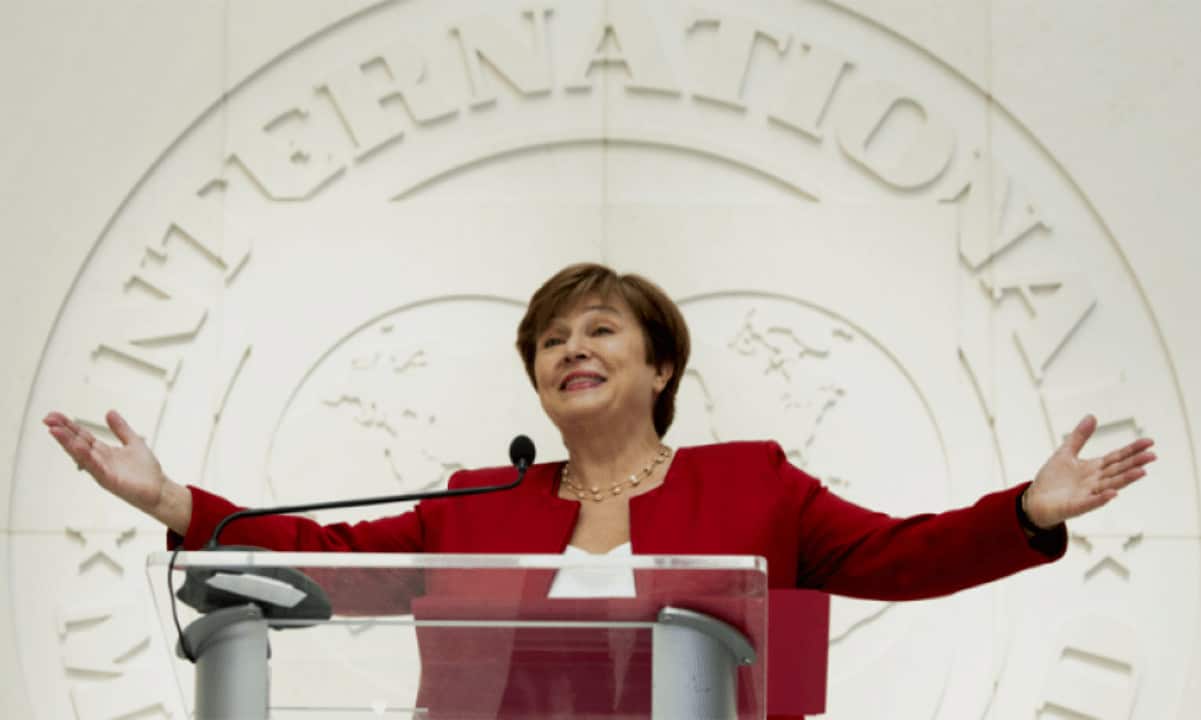According to Kristalina Georgieva – the Managing Director of the International Monetary Fund (IMF) – the recent fiasco with LUNA and UST should not become a reason for people to turn their backs on the cryptocurrency industry entirely. Unlike her previous statements, she praised the “faster service, much lower costs, and more inclusion” that the asset class provides.
Not all Digital Assets are the Same
Terra’s native token – LUNA – and its algorithmic stablecoin – UST – were undoubtedly the hottest topics in the crypto space this month. The former crashed to almost zero, while the latter lost its peg to the US dollar and is currently trading at about $0.06.
The event, combined with the significant price collapse of many other digital assets, caused a state of panic among investors.
However, the Bulgarian economist and Managing Director of the IMF – Kristalina Georgieva – argued that people should not view Terra’s crash as a reason to abandon the entire crypto sector. In her view, there are numerous blockchain projects that provide certain benefits, and people should not compare them to the fiasco with LUNA and UST:
“I would beg you not to pull out of the importance of this world. It offers us all faster service, much lower costs, and more inclusion, but only if we separate apples from oranges and bananas.”
Georgieva added that stablecoins backed by cash or other assets are a less risky investment option than those that rely on algorithms to maintain their valuation (like UST):
“The less there is backing it, the more you should be prepared to take the risk of this thing blowing up in your face.”
Earlier this year, she was not so kind to the cryptocurrency industry, claiming digital assets are “unbacked” and “inherently volatile.” On the other hand, she praised CBDCs as safer and cheaper financial products that could support the financial system while also reducing transaction costs.

Speaking alongside IMF’s executive was also the governor of Banque de France – Francois Villeroy de Galhau. He believes society has lost some of its faith in cryptocurrencies and decentralized finance (DeFi) due to the market crash while putting more trust in central banks.
The IMF and Bitcoin
It is worth noting that the primary cryptocurrency has received a severe backlash over the past few months from the IMF. At the beginning of the year, the entity described BTC as a threat to the financial market integrity, monetary stability, and consumer protection. As such, it urged El Salvador to remove the legal tender on the asset.
True to his style, the President of the country – Nayib Bukele – asserted that “no international organization is going to make us do anything, anything at all.”
Last month, the Central African Republic (CAR) became the second nation to adopt bitcoin as an official means of payment. Unsurprisingly, the IMF criticized the move, arguing it might cause financial instability and further problems for the state.
Featured Image Courtesy of Euroactiv



















